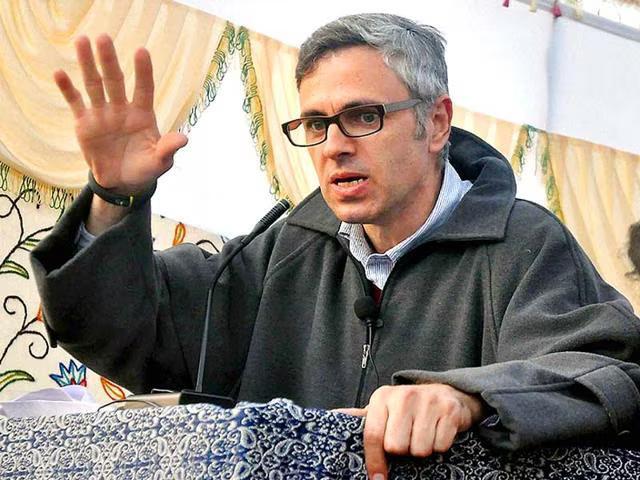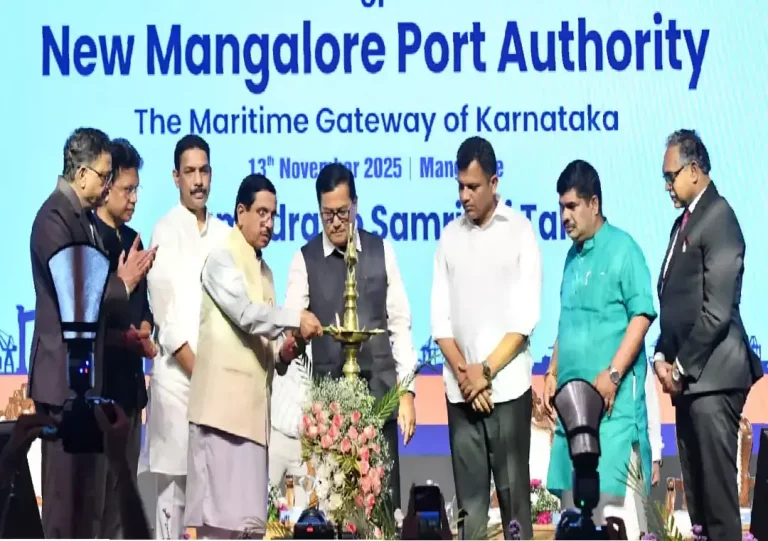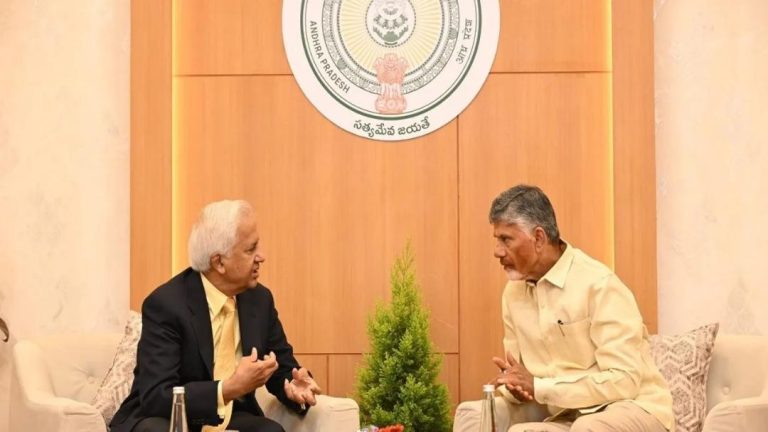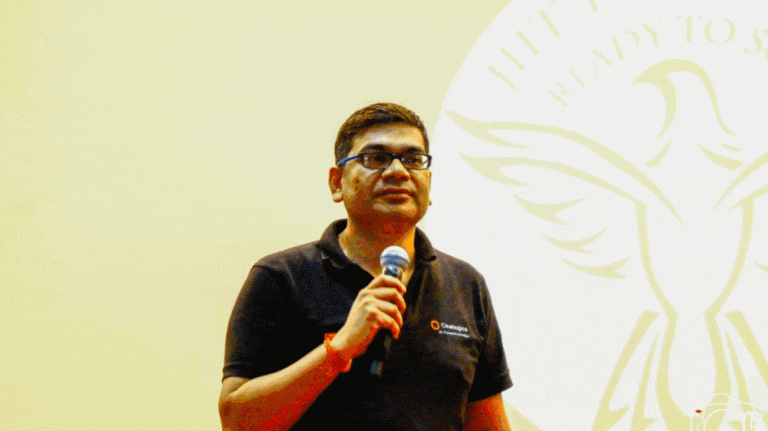
US Doesn’t Care About Any Other Country: J&K CM Omar After Trump-Pak Army Chief Lunch
The recent decision by US President Donald Trump to host Pakistan Army Chief General Asim Munir for lunch has sparked a heated debate globally. The move has been seen as a significant diplomatic gesture, given the tumultuous relations between the US and Pakistan in the past. However, not everyone is pleased with the development. The Chief Minister of Jammu and Kashmir, Omar Abdullah, has expressed his disappointment and frustration with the US President’s decision, saying that the country does not care about others.
In an interview with a leading news channel, Omar Abdullah stated, “We can’t dictate to the US President whom he should invite for dinner. We used to think the US President was our close friend, and he’d respect that, but the US does what benefits them, they don’t care about any other country.” His remarks are a reflection of the growing unease among international leaders about the unpredictable nature of the US administration under Trump.
Omar Abdullah’s comments are significant, given the historical ties between the US and India. The two countries have been strategic partners for decades, and India has been a key player in the US’s foreign policy in the region. However, the Trump administration’s decision to invite the Pakistan Army Chief for a meal has raised questions about the US’s priorities and its commitment to the global community.
The invitation to General Munir is seen as a significant development, given the US’s concerns about Pakistan’s role in the region. Pakistan has been accused of providing safe haven to terrorist groups, including the Taliban and the Haqqani network, which have been responsible for numerous attacks on US forces in Afghanistan. The US has been pushing Pakistan to take concrete action against these groups, but Pakistan has been reluctant to do so.
The Trump administration’s decision to invite General Munir is seen as a gesture of goodwill, aimed at improving relations between the two countries. However, the move has been criticized by many, including India, which has been a long-standing critic of Pakistan’s stance on terrorism.
Omar Abdullah’s comments reflect the growing frustration among international leaders about the US’s lack of commitment to the global community. The US has been accused of pursuing its own interests, without considering the impact on other countries. This has been evident in the Trump administration’s decision to withdraw from several international agreements, including the Paris Climate Accord and the Iran nuclear deal.
The US’s decision to invite General Munir also raises questions about its stance on terrorism. Pakistan has been accused of providing support to terrorist groups, including the Taliban and the Haqqani network. The US has been pushing Pakistan to take concrete action against these groups, but Pakistan has been reluctant to do so.
The Trump administration’s decision to invite General Munir is also seen as a departure from the traditional US policy towards Pakistan. In the past, the US has been critical of Pakistan’s stance on terrorism, and has imposed sanctions on the country for its failure to comply with US demands. However, the Trump administration’s decision to invite General Munir suggests that the US is willing to engage with Pakistan, despite its concerns about the country’s role in the region.
Omar Abdullah’s comments also reflect the growing unease among international leaders about the unpredictability of the Trump administration. The US President has been known for his unpredictable nature, and his decisions are often met with surprise and skepticism. The invitation to General Munir is just the latest example of the Trump administration’s willingness to challenge conventional wisdom and take bold actions.
In conclusion, the Trump administration’s decision to invite Pakistan Army Chief General Asim Munir for lunch has sparked a heated debate globally. While the move is seen as a significant diplomatic gesture, it has also raised questions about the US’s priorities and its commitment to the global community. The Chief Minister of Jammu and Kashmir, Omar Abdullah, has expressed his disappointment and frustration with the US President’s decision, saying that the country does not care about others. His comments reflect the growing unease among international leaders about the unpredictable nature of the Trump administration.






